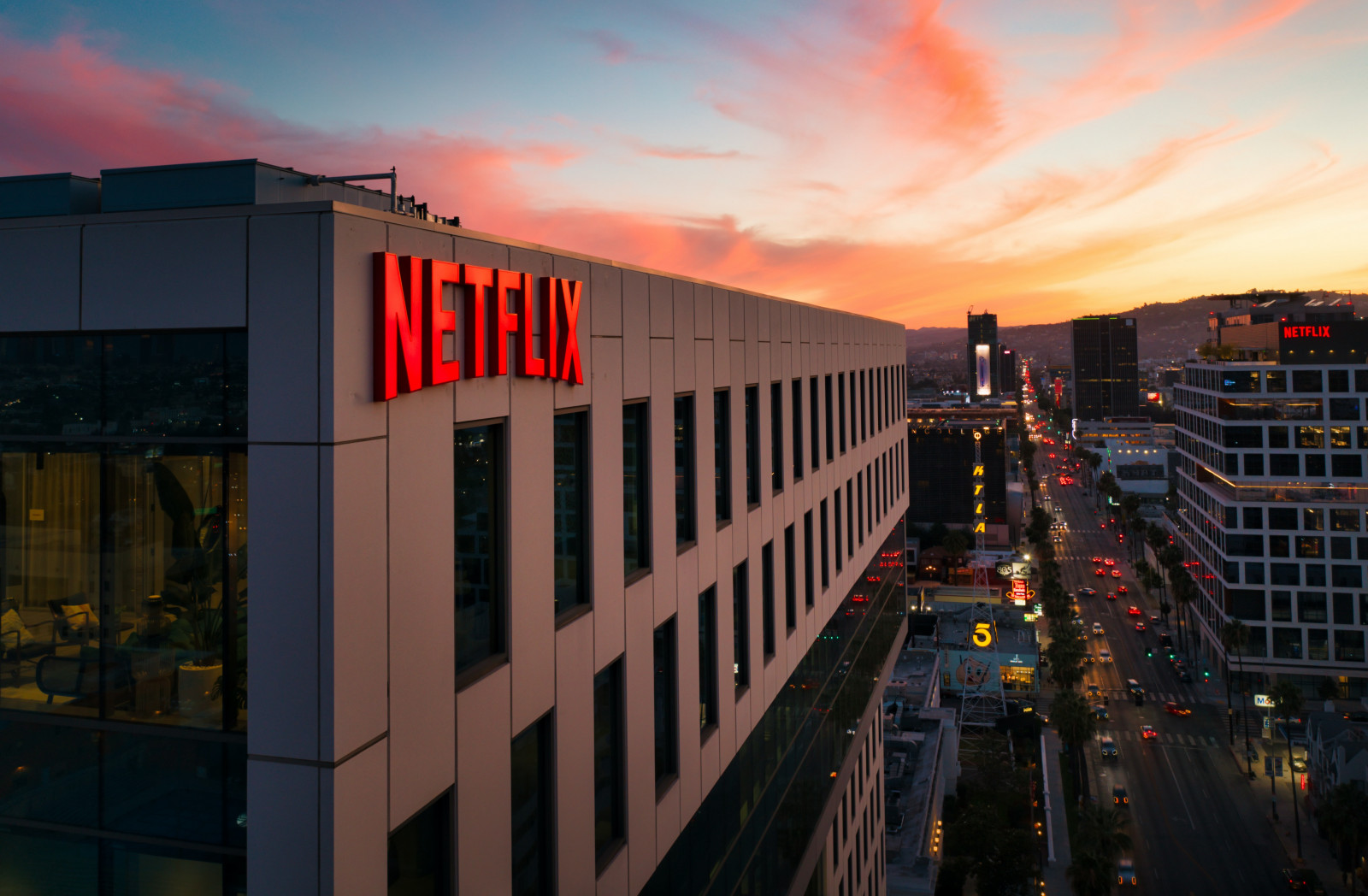Quick take: Are Netflix’s games efforts still in line with the consumer needs of today?

Photo: Venti Views

It has been a year since Netflix announced its first games studio acquisition. Two days ago, it announced the launch of its own in-house gaming studio based in Finland, bringing a fourth gaming studio into its arsenal.
Netflix’s games efforts thus far have seen a variety of reactions, and I’ll leave it to games reviewers to dive into individual titles further, but having recently played around with Netflix’s games proposition made me question whether its current efforts are the best angle for the company to tackle the games opportunity.
Times are changing
Netflix grew up and matured in an era when more content for better value was the key appeal to consumers. Few have mastered growth in that era better than Netflix. In the meantime, however, we have reached and long passed the era of the saturated attention economy, entered the age of attention recession, and subsequently, attention inflation.
The key appeal of entertainment services which are to lead growth nowadays is no longer about giving consumers ways to consume more, but rather about giving them ways to consume better. This includes helping consumers navigate, search, discover, and most importantly save time and headspace in an era where available time keeps tightening while more and more content screams at us to grab our attention. While the games Netflix offers are enjoyable, it feels as though Netflix is still thinking about the experience through the ‘more content’ lens rather than the ‘better consumption’ lens – at least on the games front.
Featured Report
India market focus A fandom and AI-forward online population
Online Indian consumers are expected to be early movers. They are high entertainment consumers, AI enthusiasts, and high spenders – especially on fandom. This report explores a population that is an early adopter, format-agnostic, mobile-first audience, with huge growth potential.
Find out more…Going mobile, without being all that helpful on mobile
Netflix games is currently available on mobile. When deciding which platform to prioritise, Netflix likely went for the platform with the most gamers on it – mobile.
The mobile part of Netflix’s proposition is largely aimed at commuting consumers. Internet connectivity and data can be problematic during a commute, however. For example, many metropolises do not have functioning internet connections on their underground transport systems.
The experience of even launching the games contains quite a bit of friction. Firstly, users must download the apps separately – presenting immediate limitations in terms of data allowance, internet speed, and hard drive space. All of these are likely to play a negative role in a consumer’s journey toward launching the game. There is no way to ‘stream’ or launch them directly at this point. So, after trying a few games, my screen was more cluttered, my storage more full, and more of my data used. It was not an experience orchestrated to aid the consumer to declutter nor save time or headspace in the era of digital content overload.
While it is a benefit that the games are unlocked and contain no ads or in-app purchases, the required internet connection to download and then run the games casts a dark shadow on the positives of the experience. Again, not something that gels that well with a potential commuter-first use case. In contrast, while users need to download apps on Apple Arcade too, most games do not require an internet connection to play, making it much more suitable for flights, for example.
To be clear, none of this is to write off Netflix’s efforts in games – it is early days and Netflix is at the very beginning in terms of what it can and will do in the space. Those learning, nonetheless, can serve other companies and take notes on how a non-gaming company can tackle the games opportunity.
Content is just half the battle these days, being helpful to the consumer is what will count as consumers start to increasingly prioritise between content and apps in the coming months and years.

The discussion around this post has not yet got started, be the first to add an opinion.